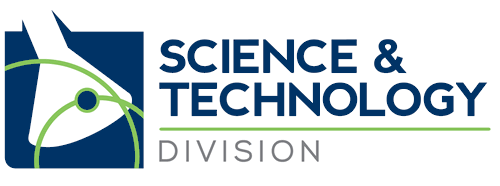989
The American Translators Association will hold its Annual Conference in San Antonio , Texas
Karen Tkaczyk will be presenting Problems, Solutions, and Precipitates: Translating for the Pharmaceutical, Chemical, and Cosmetics Industries (ST-1, Thursday, 11:30am-12:30pm). The brief description from the conference website reads:
“Quality assurance systems and regulatory requirements often drive translation needs in the chemical industry. Translations in this area include standard operating procedures, quality assurance checklists, validation and qualification procedures, and test forms for use in laboratories and manufacturing plants. Through the use of specific examples, the speaker will explain the types of documents that form the backbone of a technical translation practice in this field. The areas that frequently cause problems during translation will also be discussed. Interaction and questions will be welcomed. This session is geared toward technical translators who already do some chemical work and wish to improve their understanding of the subject matter.”
I asked Karen to provide us with a little more information. “I have lots of knowledge I can share that comes from my studies and previous industrial work in the pharmaceutical industry. However, I am not always sure how to frame it. It’s hard to do any broad topic justice in a short time, and to go deeply into a narrow, specific subject might not help very many people. I thought structuring a session in terms of the documents that form the backbone of translation practices like mine was an idea that would work in the time frame. I’ll use examples taken from my own work in recent months, suitably anonymized, to lead a discussion on translating these types of texts, and hopefully how to do it very well. I hope this will help increase subject matter expertise for anyone who attends.”
I asked Karen how advanced this session would be: “It ought to be advanced. If the audience asks basic questions I’ll note them and follow up later with the person who asked. I will keep the discussion during the session more advanced. I’ll assume familiarity with relevant regulatory affairs, good manufacturing and good laboratory practices, and the common methods and techniques used in the industry. I’ll focus on terms and concepts that take time to research in our work, not what is immediately obvious to subject-matter experts. The session will be language neutral. Examples will be in English, and influenced by my experience as an into-English translator who works for both the EU and North American markets.”
It sounds like this presentation will be very pertinent to technical and scientific translators: it’s not translation theory, and it’s not just specialized knowledge in one particular field of science. Instead it will be applied translation practice, tools that can be used across a wide range of texts related to chemistry.

